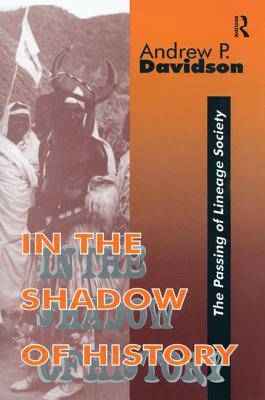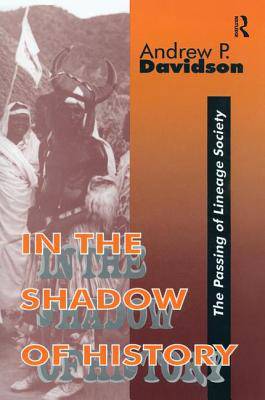
- Afhalen na 1 uur in een winkel met voorraad
- Gratis thuislevering in België vanaf € 30
- Ruim aanbod met 7 miljoen producten
- Afhalen na 1 uur in een winkel met voorraad
- Gratis thuislevering in België vanaf € 30
- Ruim aanbod met 7 miljoen producten
Zoeken
€ 29,95
+ 59 punten
Omschrijving
The spread of modernity throughout the non-Western world has had transformative effects not only on governments and economies but on the lives of individuals as well. The constraints and opportunities of modernization inevitably lead to the breakdown and supplanting of older social relations and livelihoods. In this volume Andrew P. Davidson examines the Nuba Mountain region of western Sudan to show how individuals and families struggle to maintain or expand their well-being in the face of continuous uncertainty, when control of their destinies is increasingly slipping out of the comforting confines of the village.As in many third world regions, changes in agriculture and market activity have occurred in the Nuba mountains in a far more compressed tune frame than in Europe. Davidson charts the social effects of the rationalization process by concentrating on the household as a mediating structure between the individual and the larger society. In his analysis the livelihood strategies of households act as a microcosm for the unevenness of development that is characteristic of modernizing economies. Davidson offers a comparative and historical examination of economic life in three villages in order to better understand the capacities and limitations that ultimately condition what people can and cannot do. He shows how the older lineage system based on communalism, kinship, and age-based hierarchy is being displaced by new forces of social organization and individual orientation which have eroded village cohesion and left the Nuba vulnerable to the Islamic-dominated government in Khartoum and the ravages of the continuing Sudanese civil war.In its combination of empirical analysis, ethnographic fieldwork, and theoretical inquiry In the Shadow of History reconceptualizes development in such a way that the dynamics of historical transformation are made clear. This study hi the classic anthropological tradition will be a valuable resource for anthropologists, economists, historians, and Africa area specialists.
Specificaties
Betrokkenen
- Auteur(s):
- Uitgeverij:
Inhoud
- Aantal bladzijden:
- 344
- Taal:
- Engels
Eigenschappen
- Productcode (EAN):
- 9781138510883
- Verschijningsdatum:
- 5/02/2018
- Uitvoering:
- Paperback
- Formaat:
- Trade paperback (VS)
- Afmetingen:
- 152 mm x 229 mm
- Gewicht:
- 639 g

Alleen bij Standaard Boekhandel
+ 59 punten op je klantenkaart van Standaard Boekhandel
Beoordelingen
We publiceren alleen reviews die voldoen aan de voorwaarden voor reviews. Bekijk onze voorwaarden voor reviews.











